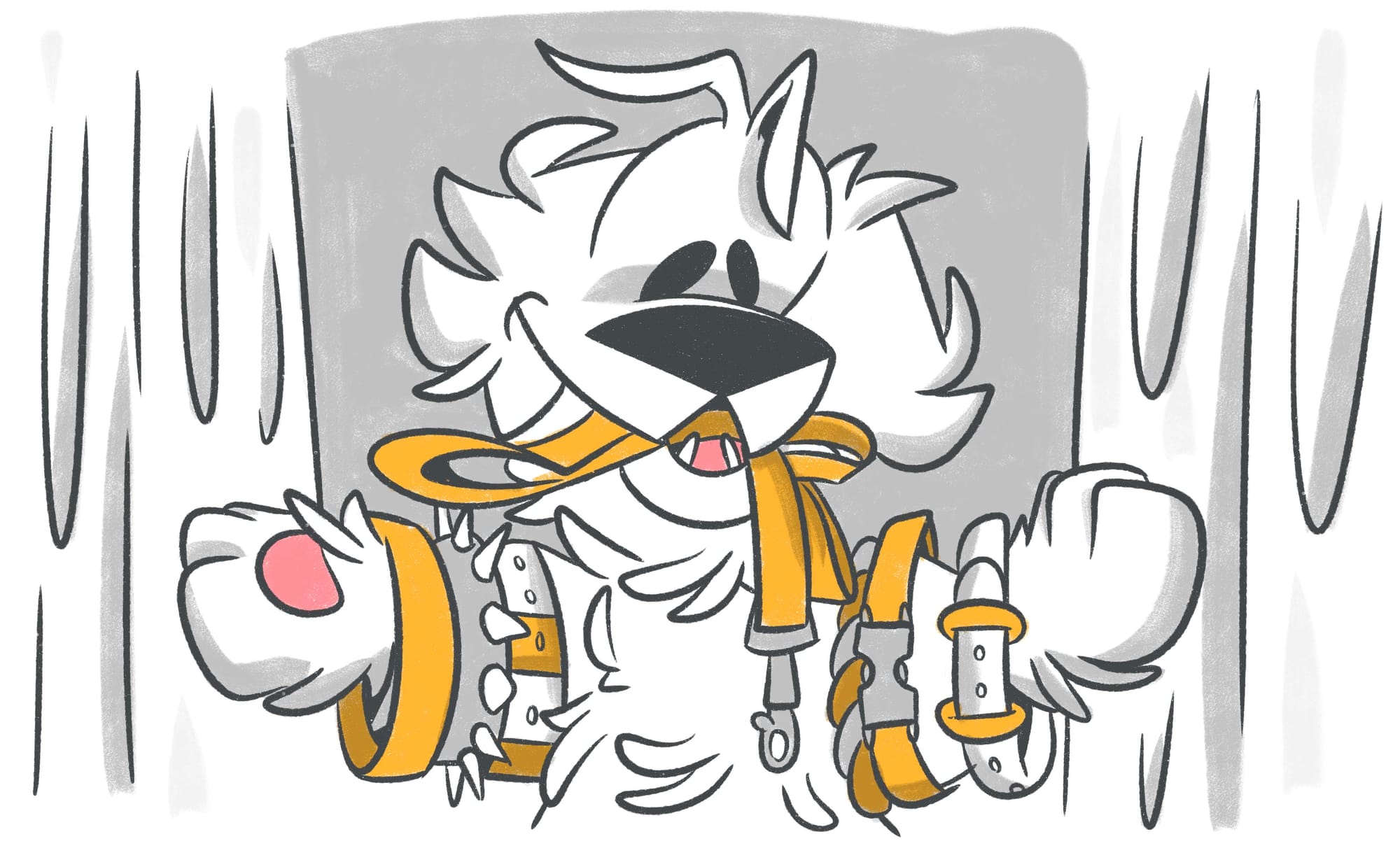We wear collars on our dogs for several reasons. Whether it's for identification, training, location tracking, strolling around the block, or a combination of these, finding the right fit is key. However, the myriad of dog collar types to choose from nowadays can be a bit overwhelming. Considering factors such as our dog's size, breed, training objectives, and individual requirements may help us pick the right collar for our dog.
There are regular collars, martingale collars, GPS or smart collars, head collars, bark collars, and shock collars, among others. Let's get to know the various types of dog collars to find out which one suits our furry friend best.
Stop Googling - Ask a Real Vet
Content:
Dog GPS Tracker
If you want to keep track of your dog’s location, there’s a collar for that. Well, technically, a gadget such as a dog GPS tracker is attached to the dog collar. In general, dog GPS trackers tap into GPS satellites to pinpoint your pet's location and then zap those coordinates straight to your phone. Some trackers go even further, accessing Wi-Fi networks, cell towers, and Bluetooth to keep a close eye on your furry explorer's every move.
In addition to location tracking, some dog GPS trackers have additional features too. The Petcube GPS Tracker, for example, is a small GPS tracker that has virtual fences for more security, insights on location history, and not to mention, the ability to monitor your pet’s wellness.
Shock or Bark Collar for Dogs
In training dogs, there are dog collars such as shock or bark collars designed to reinforce good behaviors and correct unwanted ones by providing certain stimulations.
A bark collar is a specialized device to curb excessive dog barking by delivering corrective stimuli like sound, vibration, or static pulses when the dog barks. It detects barking through sensors and is used primarily for behavior correction, though opinions on its effectiveness vary. Understanding its function is crucial for pet owners.
On the other hand, a shock collar administers mild static or electric stimulation to a dog's neck for training purposes, beyond just addressing barking. Shock collars are remote-controlled, enabling targeted correction for behavior modification. However, studies such as this one suggest that electric shock in such collars may cause fear and in some cases, pain in dogs, with signs such as lowered ears, cowering, yelping, etc. According to Dr. Sheridan Lathe of Vet Tails, it may cause dogs to have a negative association with their owners, other individuals, and situations.
Dog Training Collar
Dr. Brad Hinsperger, B.Sc, DVM, emphasizes that dog training requires effort, but with the right tools like dog training collars, it becomes easier. With the right models and if properly used, a dog training collar can enhance training, ensuring a humane and effective learning experience for both dog and owner.
When you’re looking for collars to help you train your dog for security purposes, The Petcube GPS Tracker may help. Aside from location tracking, it has a built-in buzzer that sends audio cues that aid in training your dog not to go beyond safe zones.
E Collars for Dogs
What is an E collar for dogs? An e-collar, or electronic collar, resembles a regular strap collar but includes a small transmitter. Initially controversial for their discomforting effects, modern versions offer gentler settings, often effective at levels 3-8 out of up to 100 levels. these models are said to be designed for safe training, with higher intensities reserved only for emergencies.
Conclusion
Dog collars serve varied purposes beyond identification and control, from training aids to fashion statements. Choosing the right one depends on your dog's needs and temperament. Whether opting for safety, training efficiency, or style, understanding the diverse options ensures both functionality and comfort for your furry companion.
Was this article helpful?
Help us make our articles even better









